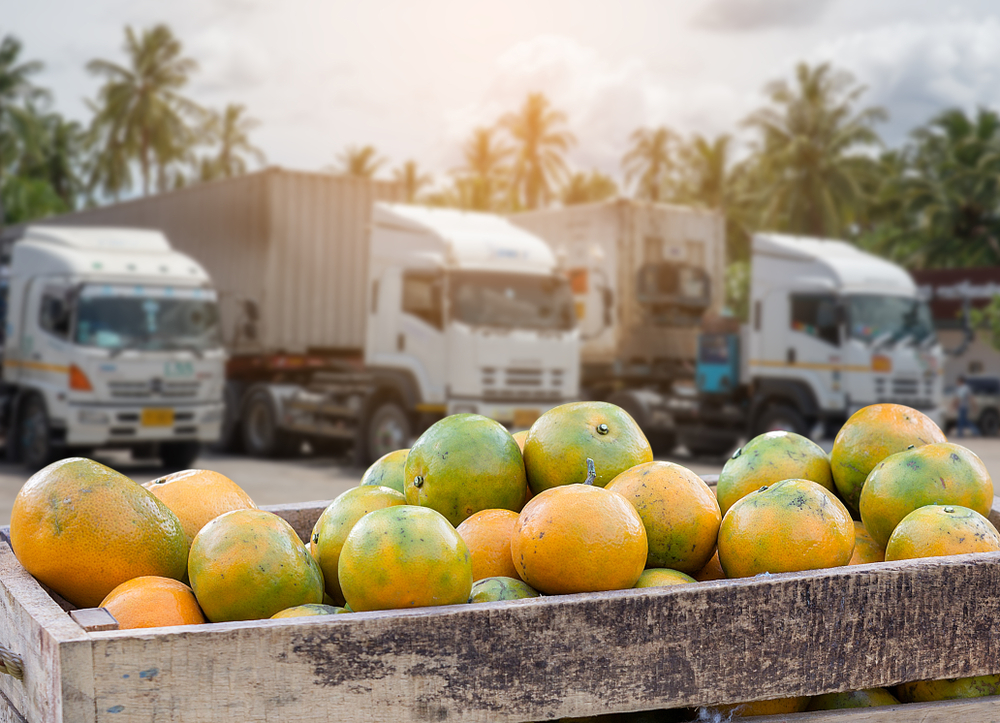As concerns over climate change and environmental degradation continue to grow, businesses in all sectors are under increasing pressure to reduce their environmental impact and operate more sustainably. The food industry, in particular, is facing scrutiny over its contribution to greenhouse gas emissions and food waste. One way that food businesses can improve their sustainability practices is by using refrigerated couriers to transport their products.
Refrigerated transport in manchester, also known as cold chain logistics, use temperature-controlled vehicles to transport perishable goods, including food products. These vehicles are equipped with refrigeration systems that keep the products at a constant temperature during transportation, ensuring they remain fresh and safe to consume.
By using refrigerated couriers, food businesses can reduce their environmental impact in several ways. First and foremost, refrigerated couriers can help reduce food waste. Food waste is a major contributor to greenhouse gas emissions, as decomposing food releases methane, a potent greenhouse gas. By ensuring that food products are transported at the optimal temperature, refrigerated couriers can help reduce spoilage and waste, thereby reducing the environmental impact of food delivery.
Moreover, using refrigerated couriers can also help food businesses reduce their carbon footprint. Food delivery can be a significant source of carbon emissions, as delivery vehicles contribute to air pollution and greenhouse gas emissions. However, refrigerated couriers can help reduce the carbon footprint of food delivery by optimizing delivery routes, reducing idle time, and using more fuel-efficient vehicles. This can help food businesses to reduce their environmental impact and enhance their reputation as responsible and sustainable businesses.
In addition, using refrigerated couriers can help food businesses meet the sustainability expectations of consumers. Consumers are becoming increasingly aware of the environmental impact of their purchasing decisions and are looking for sustainable options. By using refrigerated couriers, food businesses can demonstrate their commitment to sustainability and differentiate themselves from competitors who may not offer this service. This can help businesses attract environmentally conscious customers and enhance their reputation as responsible and sustainable enterprises.
Furthermore, using refrigerated couriers can also help food businesses comply with sustainability regulations and standards. Many countries and regions have established sustainability standards for the food industry, such as the Sustainable Agriculture Initiative Platform (SAI) and the Global Reporting Initiative (GRI). By using refrigerated couriers, food businesses can demonstrate their compliance with these standards and avoid fines or penalties for non-compliance. This can help businesses build a reputation for sustainability and improve their brand value over time.
Finally, using refrigerated couriers can also help food businesses reduce their overall environmental impact. By outsourcing their delivery needs to a specialized logistics provider, businesses can reduce the environmental impact of their own transportation activities. Refrigerated couriers are designed to optimize delivery routes and reduce idle time, which can help reduce fuel consumption and emissions. This can help businesses reduce their overall environmental impact and contribute to a more sustainable food system.
In conclusion, using refrigerated couriers is an effective way for food businesses to improve their sustainability practices and reduce their environmental impact. By reducing food waste, reducing their carbon footprint, meeting consumer expectations, complying with sustainability regulations, and reducing their overall environmental impact, food businesses can enhance their reputation as responsible and sustainable enterprises. As consumers continue to prioritize sustainability in their purchasing decisions, using refrigerated couriers can help businesses stay ahead of the competition and thrive in the changing landscape of the food industry.




